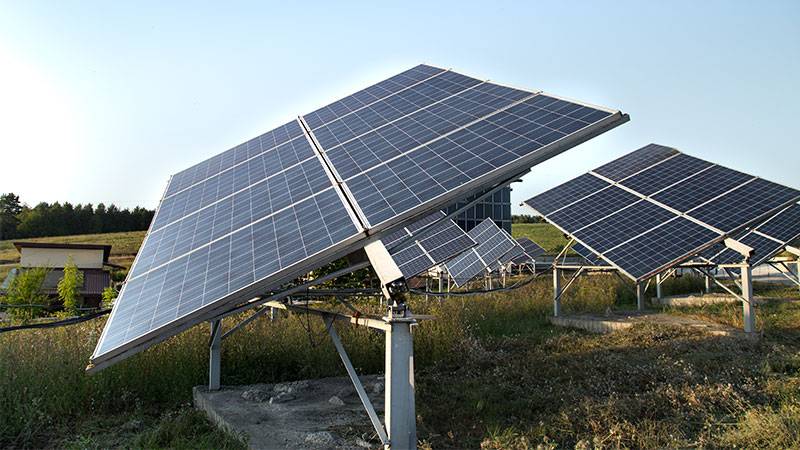In a pioneering move away from traditional fossil fuels, the Kit Carson Electric Cooperative (KCEC) in northern New Mexico, led by CEO Luis Reyes Jr., has set a precedent for rural energy suppliers nationwide. Established in 1944, KCEC has been at the forefront of the shift towards sustainable energy, a journey marked by community involvement and the pursuit of environmental stewardship.
At the heart of this transformation was the co-op’s detachment from Tri-State Generation and Transmission, its former energy supplier heavily invested in coal. The initiative was rooted in the co-op’s contractual limitations with Tri-State, which restricted KCEC from generating more than 5% of its own energy, a contract initially set until 2040. However, the cooperative’s commitment to its members and the environment spurred a nearly decade-long process to sever ties with Tri-State and embrace renewable energy.
Unlike investor-owned utilities, KCEC is governed by its members – households and businesses utilizing the energy. This democratic structure was instrumental in the co-op’s transition, amplifying voices within the community concerned about climate change and propelling KCEC towards decarbonization. Robin Lunt, Chief Commercial Officer at Guzman Energy, the co-op’s current energy supplier, highlighted the significance of co-ops like KCEC in reflecting public opinion shifts towards sustainable energy.
In general, rural co-ops rely more on coal and have moved more slowly toward decarbonization than large investor-owned utilities. But that’s changing, with Kit Carson leading the charge. Co-op members worried about climate change are leveraging the distinctly democratic governing structures of rural distribution co-ops to encourage decarbonization.
The journey was not without challenges. Internal debates and diverse member perspectives on energy sources underscored the complexity of transitioning from established fossil fuel dependency to renewable energy. The co-op’s landscape was diverse, from conservation-minded liberals to economically cautious members, reflecting the broader national dialogue on energy and sustainability.
According to High Country News, the turning point came when KCEC aligned with Renewable Taos, a local non-profit advocating for 100% renewable energy. This partnership, marked by community engagement and a collective resolution towards clean energy, led KCEC to sever its ties with Tri-State and invest in local renewable energy projects. Notably, the co-op’s largest solar array near Taos now satisfies 100% of the year-round daytime electrical needs of its over 30,000 members.KCEC’s commitment to sustainable energy also extends to exploring innovative solutions like green hydrogen production. In collaboration with the National Renewable Energy Lab and other partners, KCEC is considering establishing a green hydrogen plant in Questa, potentially transforming a former molybdenum mine site into a hub for carbon-neutral energy production.
The cooperative’s story is not just about energy transition but also about community empowerment and the embodiment of democratic principles in utility governance. The success of KCEC has inspired other rural co-ops to follow suit, gradually reshaping the national energy landscape. As KCEC continues to navigate the path towards comprehensive carbon-neutral electricity, it remains guided by the collective will of its members, symbolizing a broader shift towards a more sustainable and community-driven energy future.
More inspiring green news similar to this:


